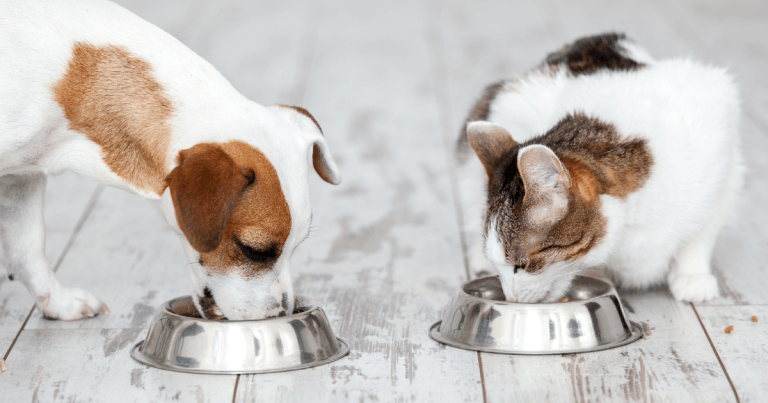27 Oct 2023
A leading veterinary academic advocate of the feeding approach has described the latest research on the issue as “game-changing”.

Image © Tatyana Gladskih / Adobe Stock
Billions of animals per year would not need to be slaughtered if the world’s dogs and cats were switched to a vegan diet, new research has suggested.
A leading veterinary advocate of the approach has claimed the move could help to feed around half a billion more people globally if it were universally adopted.
And Andrew Knight’s analysis also concluded the switch would lower greenhouse gas levels by more than the total emissions of either the UK or South Africa and Israel or New Zealand combined.
Prof Knight described the analysis, which has now been published in the PLOS One journal, as “game-changing”.
He said: “We’ve long known that plant-based diets are better for the planet, but have not seriously considered the impacts of pet food.”
The findings are based on analysis of 2020 consumption levels within the US and global totals from 2018.
The paper argued that almost one in 10 (9%) of all land animals killed for food, nearly seven billion in total, were used to feed cats and dogs.
It calculated there would also be substantial savings in terms of both freed up land and freshwater, while food energy savings would enable more people than the combined populations of the UK and EU to be fed.
The analysis, which also found the approach could cover every nation on the planet if further adopted by humans, suggested its estimates were likely to be “conservative”.
Prof Knight, who has led calls for a new approach to vegan feeding within the veterinary professions, said: “Pet owners who care about the environment or their animals’ health should consider nutritionally-sound vegan pet food.
“However, to safeguard health, it is important that people feed only commercial diets labelled as nutritionally complete, produced by reputable companies with good standards.”
Prof Knight is also a co-author of a separate paper which argues for the gradual phasing out of industrialised animal farming to help tackle climate change.
The analysis, published in the Heliyon journal, argues animal-based products can increasingly be replaced by plant-based or lab-grown alternatives and the measure would “also reduce the risk of zoonoses and future pandemics”.